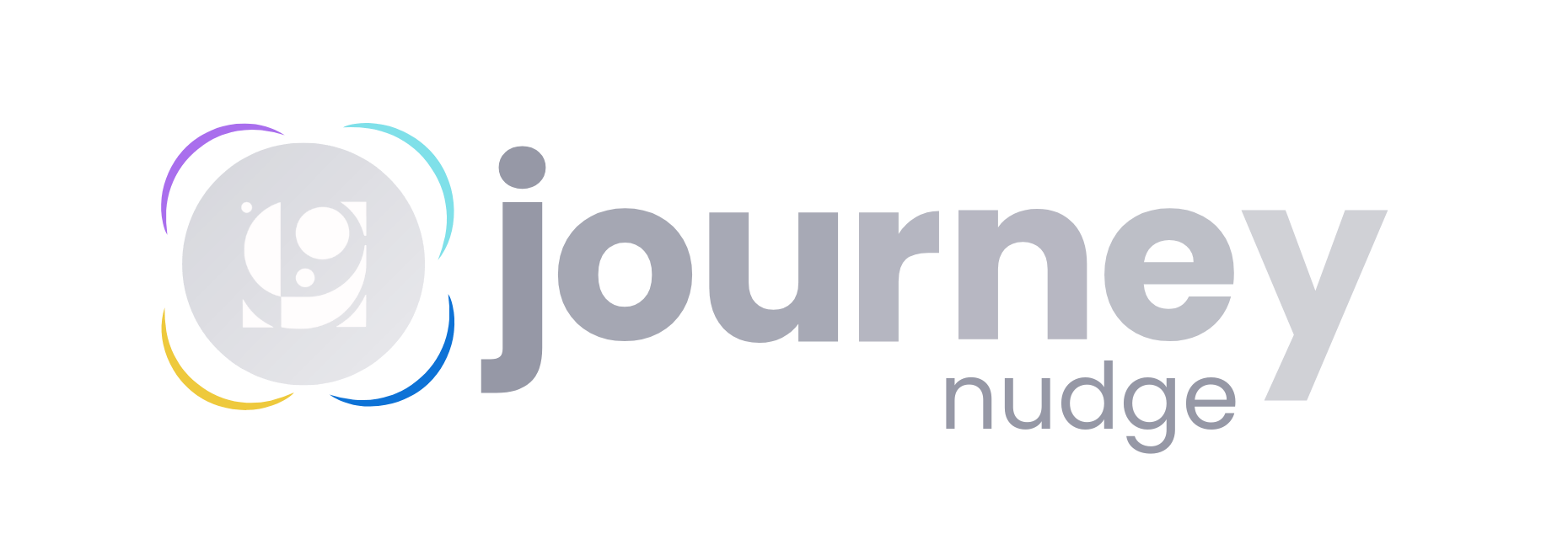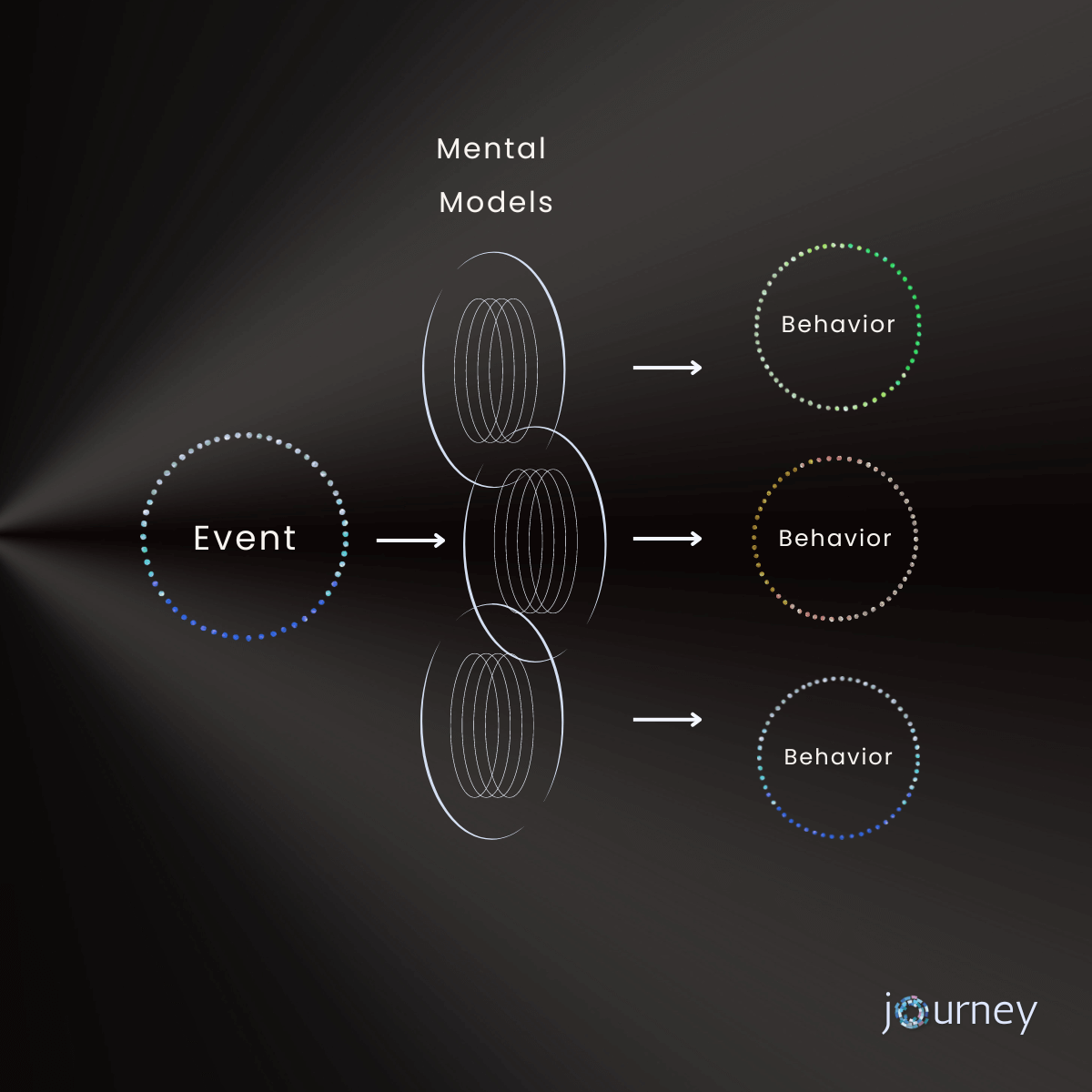Read time: 10 minutes
Key Points
-
Contextualizing Decisions: In today’s fast-paced environment, decisions made quickly can have negative implications. It’s essential for professionals, especially leaders, to be aware of the long-term impact of decisions and the second order consequences that are often hard to see at first.
-
The Munger Framework: Charlie Munger’s two-step process emphasizes understanding the broader context and recognizing internal psychological dynamics to make better decisions.
The Munger Two-Step Process
From ‘A Lesson on Elementary Worldly Wisdom,’ by Charlie Munger, here are some insights for how to take a holistic approach to minimize decision-making errors:
1. Understanding the Forces at Play:
-
- Recognize your strengths and more importantly, areas where knowledge might be limited. This lucidity wards off impulsive reactions and overconfidence.
- Every decision operates within a broader context. Being aware of this landscape and identifying key determinants is pivotal.
2. Navigating the Psychological Undercurrents:
-
- Our subconscious, though a shapeable ally, can occasionally veer us off track. Falling prey to overconfidence, seeking affirmation for pre-existing beliefs, or following the herd can distort our judgments.
- Identifying and questioning underlying motivations and potential biases can offer clarity.
Incorporating Lessons from Addiction Psychology
In the realm of addiction psychology, findings show the human mind’s susceptibility to external sway, leading to counterproductive choices. In a professional setting, these incentives might appear as resistance to novel ideas.
Self-Introspection:
Recall a moment when you staunchly defended a decision solely because it was your initial proposition. Or maybe, you agreed to a decision primarily because it was the popular choice. Such instances beckon introspection, prompting us to evaluate if our choices align with the organization’s overarching goals or are merely reflections of subconscious biases.
Zooming In:
1. Deciphering Dominant Forces: The cornerstone of this step lies in self-awareness. Recognizing both your areas of expertise and your limitations is paramount. Being aware of what you don’t know can be as crucial as understanding what you do know. In situations where you’re compelled to decide in unfamiliar territories, tools such as inversion can be invaluable.
Though countless elements influence decisions, a select few bear the brunt of the impact. If you’re navigating within your expertise realm, pinpointing these critical elements becomes relatively seamless.
But remember, there’s no one-size-fits-all answer. Consistently sound decisions require in-depth understanding, supplemented by diverse insights across fields to ensure judicious reasoning.
2. Unraveling the Psychological Undercurrents: Several factors, like over-confidence, can silently skew our judgment. These subconscious biases can imperceptibly but profoundly deviate our decision-making. We often overlook the vastness of our subconscious, failing to realize its potential to misguide us.
For instance, basing decisions on limited data and generalizing it can be deceptive. Similarly, an unwavering attachment to past declarations or an over-reliance on authority figures can cloud judgment. In essence, when multiple biasing factors align, the probability of a misguided decision escalates.
Reflections and Further Exploration
The intersection of rational evaluation and psychological introspection is where the magic of informed decision-making happens. Munger’s approach offers a beacon, guiding us through the multifaceted terrains of choices.
Decision-making, while a blend of art and science, can be honed with the right tools and insights. Merging Munger’s wisdom with the revelations from addiction psychology can empower professionals to craft decisions that are not only informed but also balanced and forward-thinking. For enthusiasts keen on a deeper dive:
- The Psychology of Human Misjudgment by Charlie Munger
- Influence: The Psychology of Persuasion by Robert B. Cialdini

